The Gozo College Middle School in Malta has a long tradition in Environmental Education and in Education for Sustainable Development. Its Eco-Schools committee has been active for the past ten years and each year the students, together with their teachers, participate in various FEE programmes run by the NGO Nature Trust Malta of which LEAF (Learning About Forests), YRE (Young Reporters for the Environment), We Eat Responsibly, Litter Less Campaign, Water Explorer and related projects also linked to the Sustainable Development Goals.
Students of the Gozo College collecting wild plants
The action plan of the school focuses on responsible food consumption, waste reduction and appreciation of the outdoors. Taking a whole school approach, during the last scholastic year, the students researched and learnt about edible wild plants, went foraging and cooked various recipes using foraged leaves. Finally, they produced a recipe book on the use of wild plants to raise awareness about these freely available ingredients which are nowadays frequently considered as waste but in fact were used by the previous generations. The students also prepared herbed sea salt using the same foraged leaves and produced tangerine sugar using tangerine peel. These were packed in clean reused glass jars and sold to visitors at school during an Open Day.
This year the committee continued on the same lines and promoted the use of the carob fruit, a resource growing naturally in the local outdoor environment – the carob being an indigenous and protected tree. The students researched about this tree and possible uses of its fruit and prepared traditional and innovative recipes using the whole of the carob pod in differenti ways. The students found out that carob powder which can be produced from the carob pod is in fact a healthier substitute for chocolate, produced it by grinding the pod finely and actually used it to make delicious cakes and drinks. During an Open Day at school visitors witnessed the launch of an informative leaflet about the carob tree including information about the tree, the various projects and programmes the school is participating in and six simple but healthy recipes using the carob products. Attendees had the opportunity to taste carob cake and carob banana smoothie prepared by the students and buy the traditional carob syrup and cake mix stored in reused jars.
Students presenting their work during the school's Open Day - carob syrup and carob cake
These activities were integrated in various subjects across the curriculum, involved the whole school community, reached out to a lot of people through social media but also on the national TV and various radio stations and above all managed to directly link a number of the SDGs including life on land, zero hunger, sustainable cities and communities and responsible consumption and production. Moreover, in January 2018, representatives from the school were invited to the We Eat Responsibly International Forum in Prague to tell participants about this project.
- Story provided by the Eco-Schools Coordinator, Ramona Mercieca



